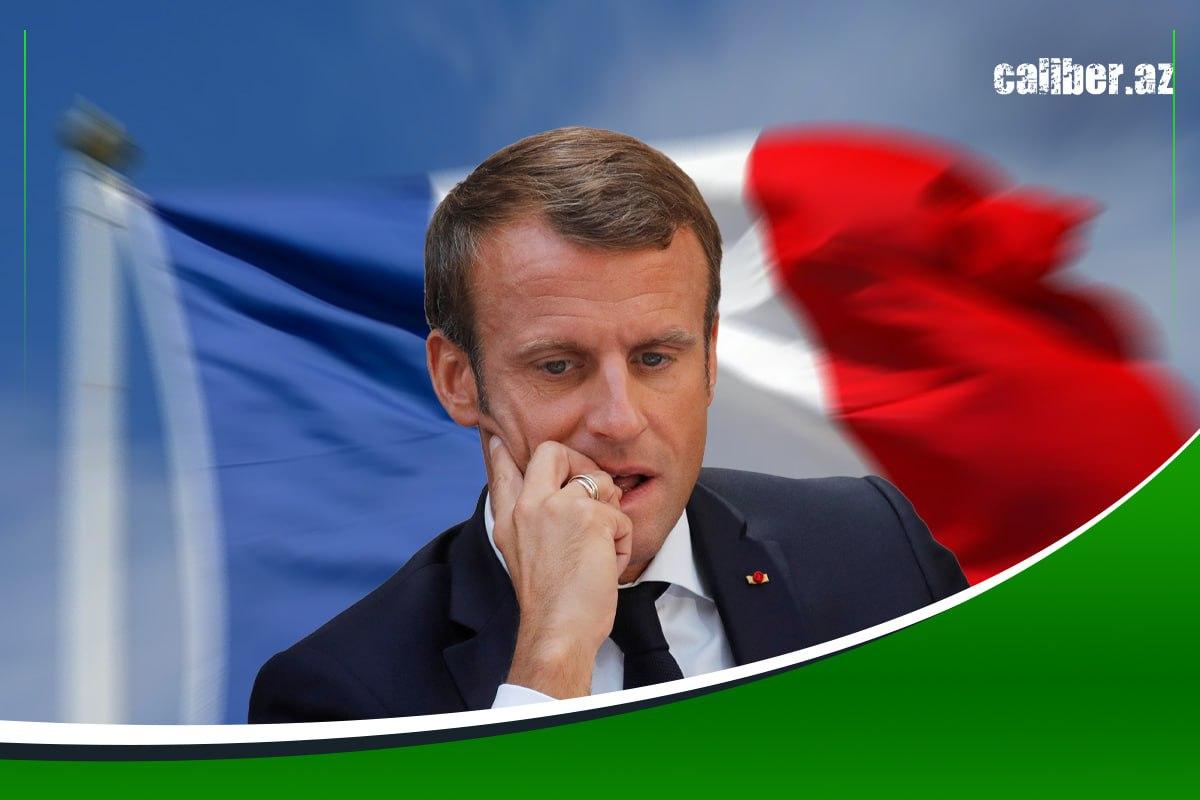The Fifth Republic in turbulence Macron is losing France, but not the seat
Today, the French Republic is experiencing perhaps the most serious political crisis in the past 70 years, which is rapidly intensifying against the backdrop of a challenging economic situation — rising energy and food prices, slowing GDP growth, and a high level of external debt. All these factors combined have created a strong sense of uncertainty about the future among the public, which has repeatedly erupted into mass protests and strikes.
However, in such a situation, the French authorities did not hesitate for long and, as always, found a “scapegoat” in the opposition, which, in their view, is to blame for almost all of the Republic’s problems. For instance, upon arriving in Sharm El-Sheikh, Egypt, for the signing of a ceasefire agreement in the Gaza Strip, President Emmanuel Macron sharply criticised the opposition parties, accusing them of being responsible for the current domestic political instability.
“Opposition parties advocating for an automatic vote of no confidence in the recently appointed French government are responsible for exacerbating the political crisis and should focus on serving the interests of the French people and stabilising the situation,” he said, noting that critical remarks by politicians about the reappointed Prime Minister Sébastien Lecornu—or the new cabinet—are inappropriate given the current circumstances.
The political crisis in France erupted after President Macron dissolved the lower house of Parliament (June 2024), leaving the legislative body in a state of limbo, while successive prime ministers failed to reach an agreement between Macron’s centrist alliance, the left-wing coalition, and the far-right National Rally.
The situation with Lecornu clearly illustrates the systemic power crisis. He resigned earlier last week due to disagreements within the previous cabinet, and on October 10, was reappointed by the president as prime minister, after which he presented a new government. However, these steps have brought no stability to the political landscape, as the new cabinet still faces the threat of a vote of no confidence.
Amid such political instability, opponents of Macron’s policies are proposing several ways to resolve the crisis: the president’s resignation, new general elections, or the appointment of a prime minister from a different political camp. The left-wing parties favour the latter option, although, despite the leftist coalition—the New Popular Front—winning the most seats in the 2024 legislative elections, surpassing the far-right, they do not hold a parliamentary majority.

Nevertheless, Macron, despite the detrimental consequences of his policies for the country, has no intention of relinquishing his position. Recently, he stated that he would “continue fulfilling the duties of head of state to ensure the country’s stability.”
This is despite the fact that the current realities are far from favourable to him. Public opinion polls confirm this. For instance, according to the latest Ifop survey, 68% of French citizens believe that the government has lost touch with society and support a change of power in the country; 54% are convinced that Macron has lost the ability to form a stable government; and 39% expressed readiness to support early elections.
Moreover, calls for Macron’s resignation today come not only from his opponents but also from those who were once part of his team. For instance, former Prime Minister Édouard Philippe believes that Emmanuel Macron should announce early presidential elections as soon as the 2026 budget is approved. Incidentally, Philippe has also expressed his desire to run in the next presidential elections, and according to polls, he could face the candidate from the far-right National Rally in a potential second-round runoff.
On the other hand, it should be noted that if Macron resigns, the Constitution stipulates that the President of the Senate, Gérard Larcher, would temporarily assume office. It is worth recalling that Larcher, as early as July 2023, actively called on France to accelerate military deliveries to Armenia under the pretext of “ensuring its security.”
Returning to current events, it is still unclear what lies ahead for France. However, judging by the statements of the sitting French president, he does not intend to change course, even though his short-sighted policies have plunged one of Europe’s once-leading countries into economic crisis and political uncertainty. Therefore, it seems likely that if Macron and his team remain in power, we will continue to witness the Fifth Republic being drawn into a zone of turbulence at the slightest challenge.








